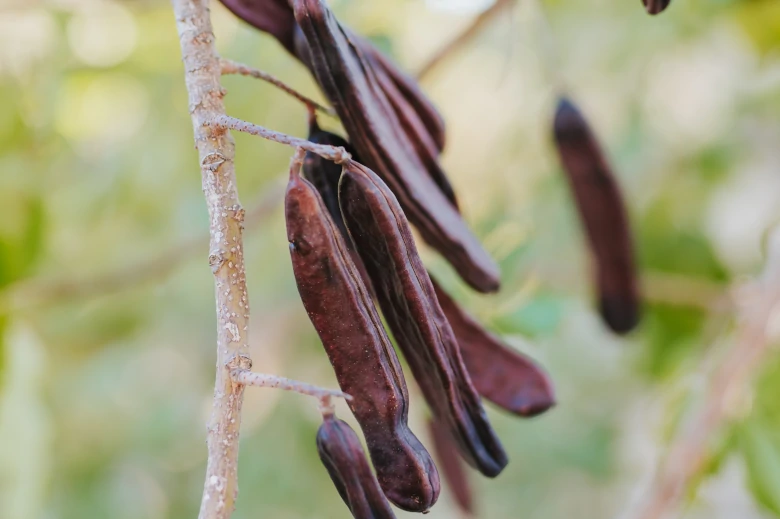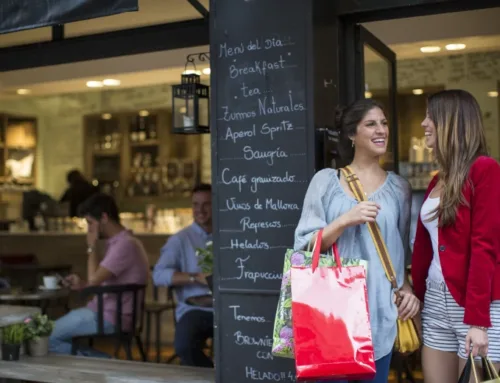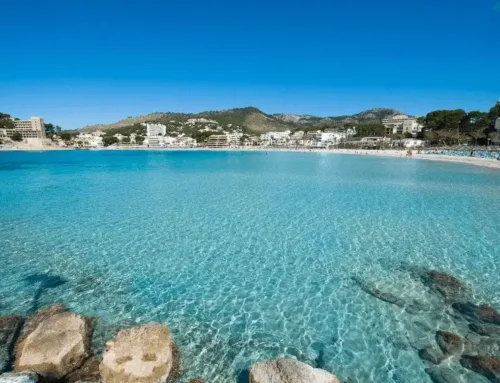The Associació de Trossejadors de Garrova de Mallorca has released the productivity figures for the year 2024, forecasting a decline in carob production of between 20% and 30% compared to the previous year. The local business owners attribute this drop to the negative effects of water scarcity due to climate change. Additionally, the association warns that, aside from this reduction in production, up to 20% of the harvest may remain uncollected due to labour shortages and the high temperatures recorded in Mallorca.

Juana Verger Martín, President of the Associació de Trossejadors de Garrova de Mallorca, an organisation representing around 70% of sector producers, confirms that this year’s harvest will be lower than last year’s. “The drought causes the fruit to be drier, with less pulp, and consequently, we will not produce as many kilos,” she says. The yield expected this year is lower than in 2023, but it will not be a bad vintage. “Last year, we harvested 30% more than in 2022. It was a year of abundant kilos, but this year the carob weighs less,” adds Verger. The president also notes that there are areas on the island with more abundant production, while others have seen productivity reductions of up to 30%.
Between 15,000 and 18,000 tonnes of carob
Aside from the reasons for the decrease in production for the 2024 season, the Associació de Trossejadors de Garrova reports that the total figures are expected to range between 15,000 and 18,000 tonnes, with 3,000 to 4,000 tonnes being purchased by companies from the mainland.
Regarding the price, this year the price of whole carob is between 45 and 55 cents, a slight increase compared to last year, when it fell below two euros, ranging from 30 to 40 cents, depending on whether it was organic or conventional cultivation.
Balears has 12,178 hectares of carob trees
The area of carob trees in the Balearic Islands totals 12,178 hectares and represents 33% of the national area dedicated to this legume. Another notable fact from the association is that of the 33,679 hectares of organic farming in Mallorca, carob occupies an area of 1,600 hectares. Spain currently produces between 80,000 and 100,000 tonnes, with organic production making up between 10% and 15% of the total.
The six companies currently in the association, Productos Fontanet, Llorenç Arrom, Can Robí, Jaime Adrover, Balesa, and Productos Martín, manage approximately 70% to 80% of the carob collection market in Mallorca. According to the association, established in 1979, it remains a priority to strengthen relationships with the administration for future collaborations to support and sustain the sector.







Leave A Comment